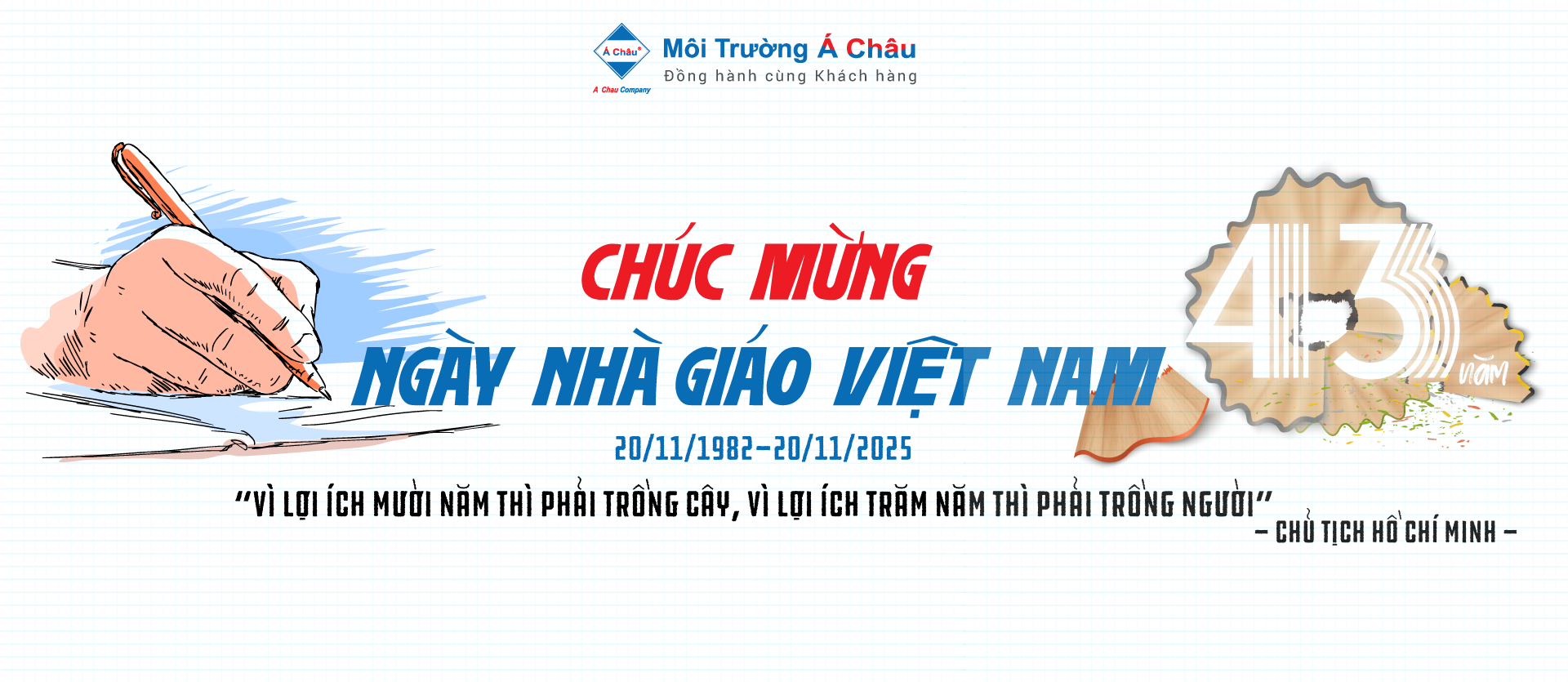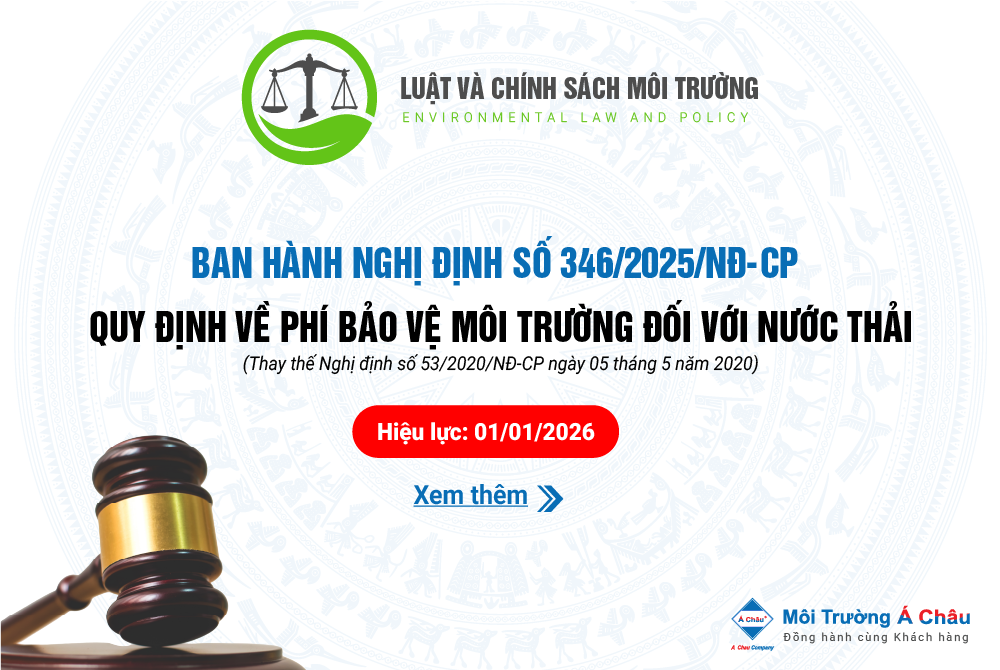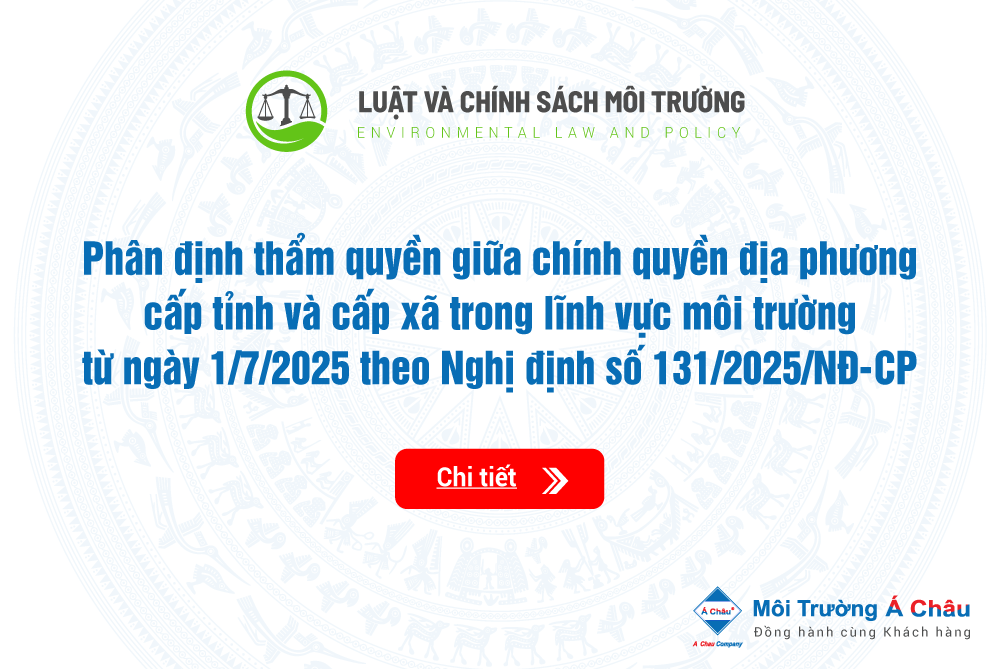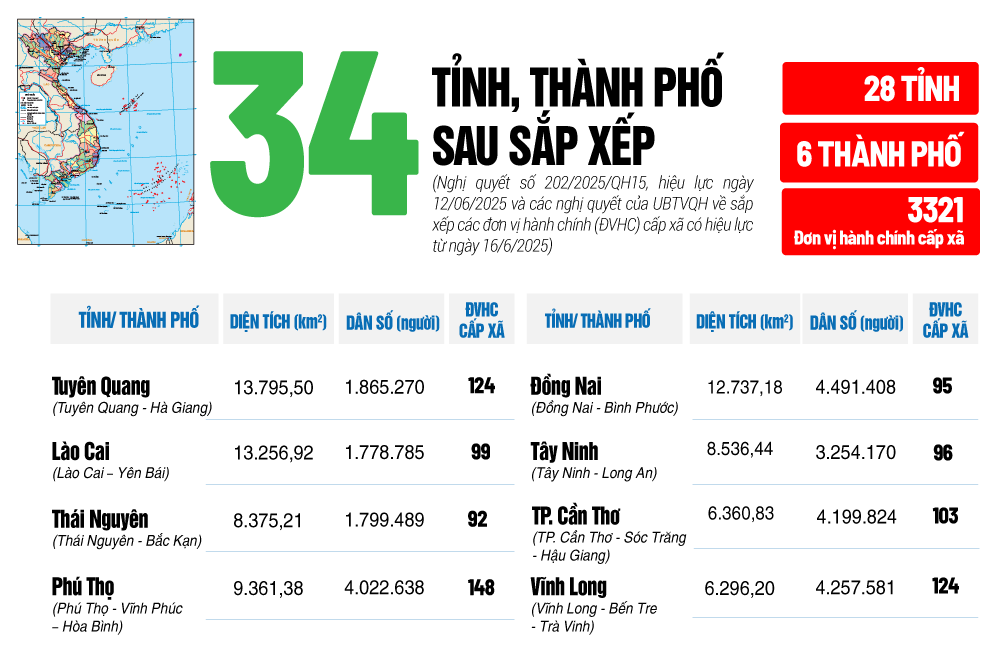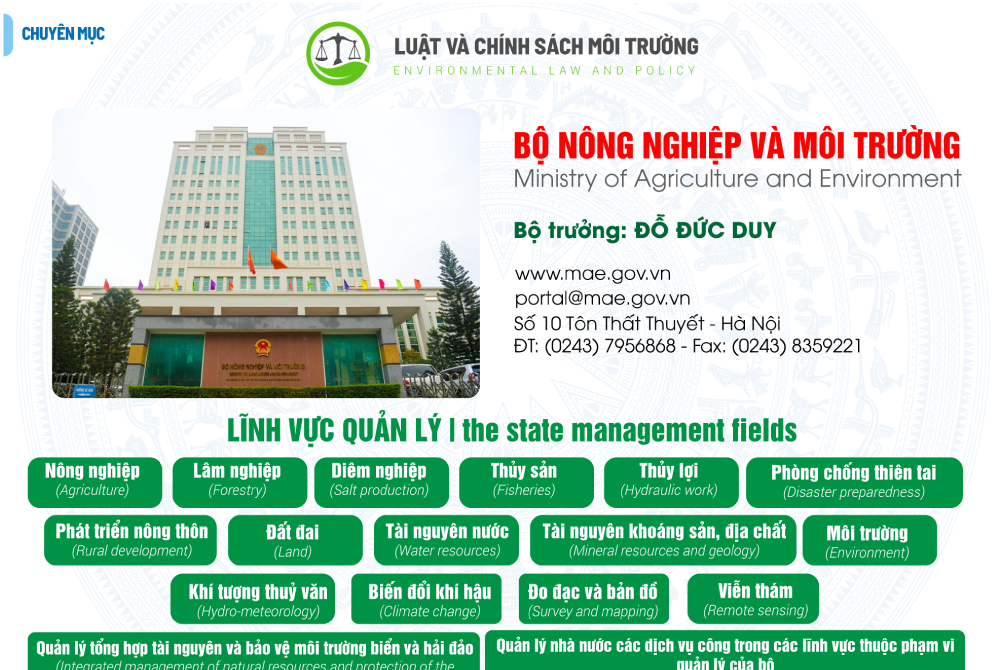Waste treatment: Over-budget
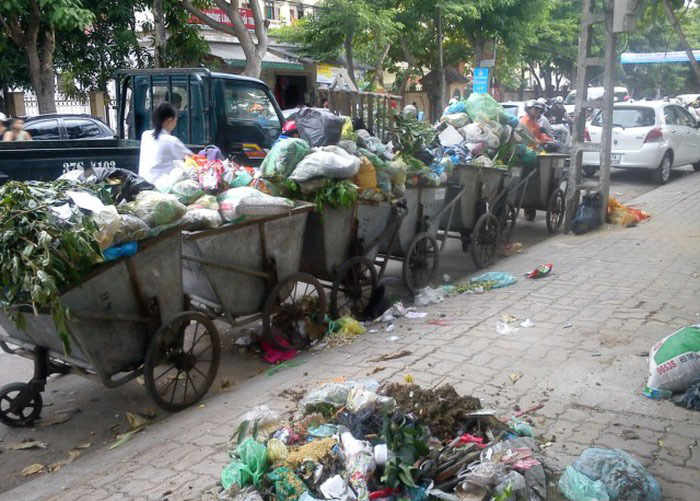
Image from an Internet source
Waste collection, transportation, and disposal may cost Local Authorities billions of dollars. The majority of it comes from the state budget, with only a tiny contribution from environmental protection fees.
Related News:
Ho Chi Minh City: A New Decision doubled the maximum waste collection, transportation, and disposal fee in November 2018.
Furthermore, the amount of waste produced has gradually increased over time, putting significant economic strain on many municipalities and becoming a budget burden.
Ho Chi Minh City (HCMC) annually spends VND 2.848 billion on waste treatment.
HCMC spends billions of dollars every year on garbage disposal. Meanwhile, the earnings from people's sanitation expenditures amounted to less than 4% of total budget spending (thanhnien.vn, November 12, 2015 press release).
According to the most recent data, HCMC spends up to VND 2.848 billion annually on garbage treatment. More than 1507 billion is spent on garbage removal, 535 billion on transportation, and 88 billion on waste segregation and management. Meanwhile, TP HCM Decision No. 88/2008/QD-UBND, issued in 2008, continues to govern the sanitation and environmental protection fee laws. Hence, the Document needs to be updated.
Long An: Sanitation charges do not cover enough costs; the budget must continue to compensate.
Long An: In 2016, the total cost of collection, transportation and treatment was over 21.3 billion VND, while the year's sanitation fee revenue was only 6.1 billion VND. The budget must compensate for this difference in costs. In the first six months of 2017, the cost of collecting, transporting and processing garbage in the City. Tan An up to 13.33 billion VND. Sanitation fee revenue from the beginning of 2017 to the end of July 2017 only reached 3 billion VND. Currently, the City continues to collect cleaning fees. It is expected that 2017 revenue will increase to 7.7 billion VND. Mr Tran Van Ty heads the City Finance-Planning Department. Tan An said that although revenue increased, it could not fully meet expenses, so the budget must continue to compensate. (Source: Long An online newspaper, September 26, 2017)
Bac Giang: The price of services based on the route must be determined appropriately, considering the costs of collection, transportation, and trash disposal, to reduce state budget assistance.
The People's Committee of Bac Giang City authorised service pricing for collecting, transporting, and processing residential garbage in Decision No. 692, dated March 8, 2018. Orientation: According to the plan, service costs must be determined appropriately, ultimately accounting for domestic trash disposal operations and gradually lowering state budget support.
Detailed records from 2015-2017:
In 2015, the entire cost of collecting, transporting, and processing household garbage in the City was 31 billion VND, of which the City only received 2.9 billion VND in fees from homes in 7 wards (3 wards, including Da Mai, Xuong Giang, and Dinh Ke, collect and pay their expenditures). The overall cost in 2016 was 24.5 billion VND, with a charge of 3.16 billion VND (equal to 12.9%). 2017, the total cost was 24.5 billion VND, with a charge of 3.25 billion VND (approximately 13.3%) received. The fees collected are primarily distributed to collectors, with a small percentage going to the budget for regulation. (Source: Bac Giang Electronic Newspaper, March 29, 2018, news report)
With the above situation, many localities are now considering a path to reduce support from the state budget gradually, and this is also seen as a "correct, adequate" option for waste collection and disposal.
Source: A Chau Environment (MTAC)
